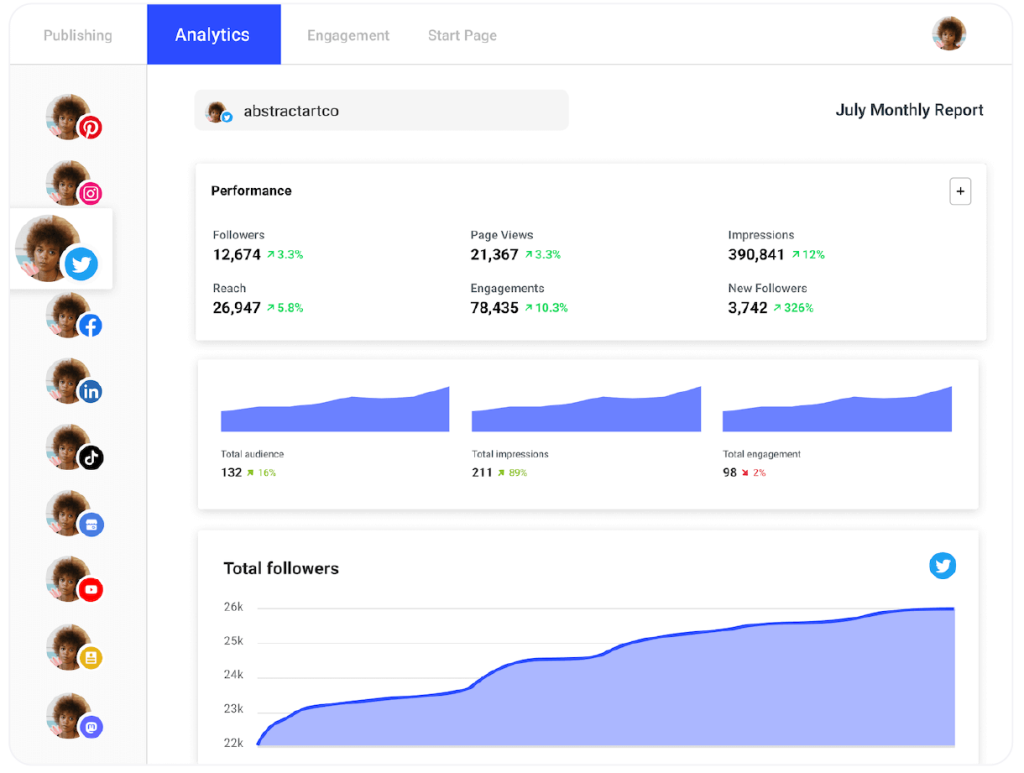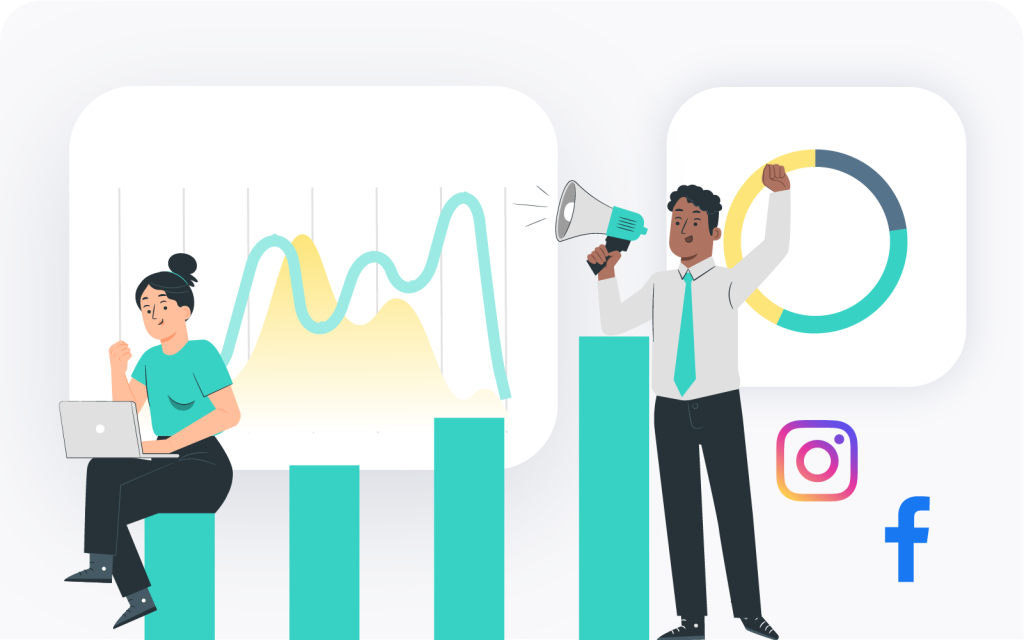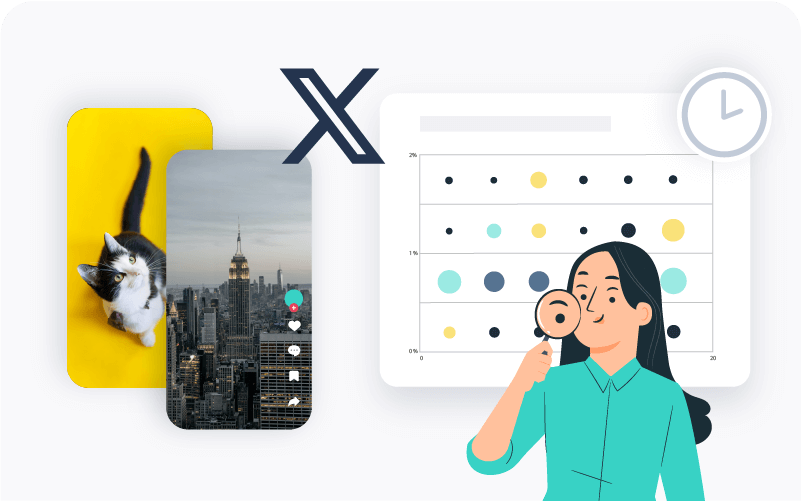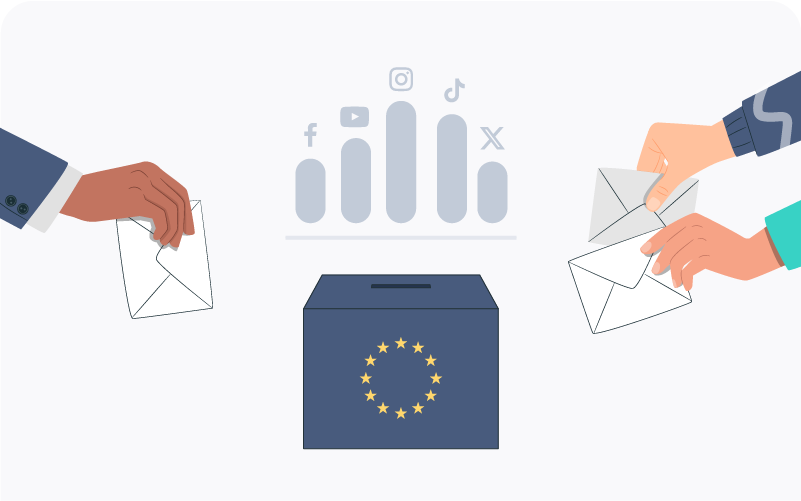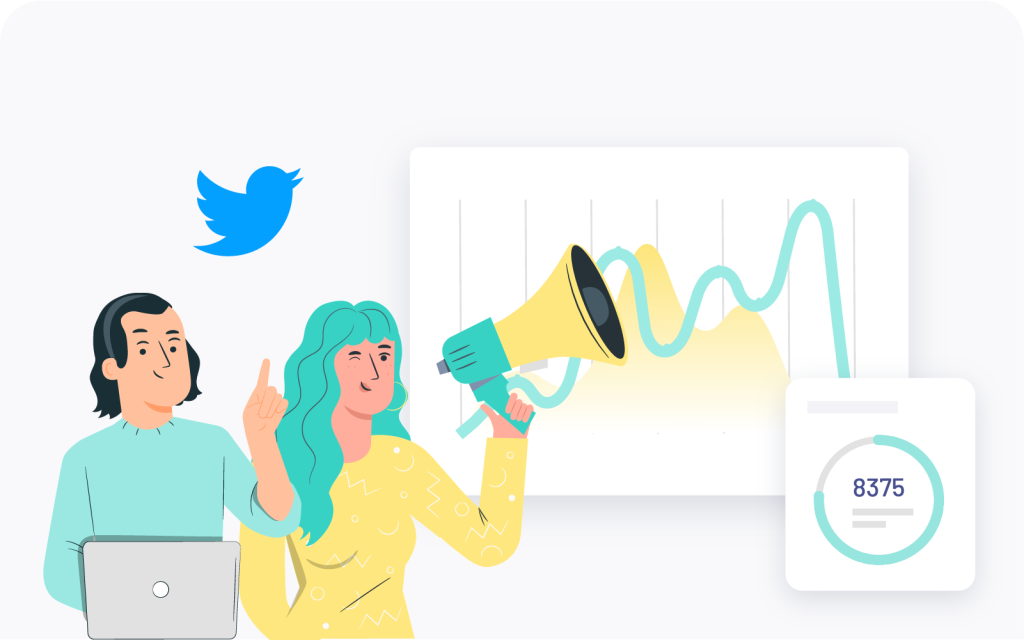Social Media Management Tools for Agencies
For many businesses, social media is one of the most important marketing channels they have. For this reason, many businesses hire specialized social media agencies to help create engaging content, increase brand awareness, and manage the social community. While these may seem to be relatively straightforward tasks, social media management for agencies involves effectively dealing with different expectations and problems as well as the complexity of a diverse clientele, all of which make their job, at times, difficult.
This can be overwhelming since publishing, tracking, and reporting must be clear and transparent to customers who may not fully understand social media marketing. Any social media consultant will tell you that this can make their jobs a lot more difficult than someone who is a social media manager for a single company.
Managing multiple clients' social media presence is made much easily with the right tools. In this article, we will discuss what the best social media management tool for agencies would have in terms of features. Our discussion will also include what you should look out for to get the most for your money.
The Challenges of Finding the Right Social Media Management Tool for your Agency
Navigating the intricacies of social media management can be a daunting challenge without the right tools at hand. As an agency, your social media management tool must be dynamic in a way that is not required for businesses who just have a few social media profiles. Those who work at social media agencies need to keep current on various trends, performance data, posting schedules, and community conversations taking place on the channels they are monitoring. While there are various social media agency tools for these types of tasks, most agencies choose to go with an “all-in-one” solution that performs all key functions on a single platform.
Finding the right social media management tool for agencies is not as simple as just looking at whatever provides you with publishing, analytic, and reporting features. What is needed is a tool that can help your agencies to meet the demands and complexities of working on dozens or more social media profiles. However, the best social media management software for agencies needs not only have the enhanced capabilities, but have certain features that were made specifically with agencies in mind.
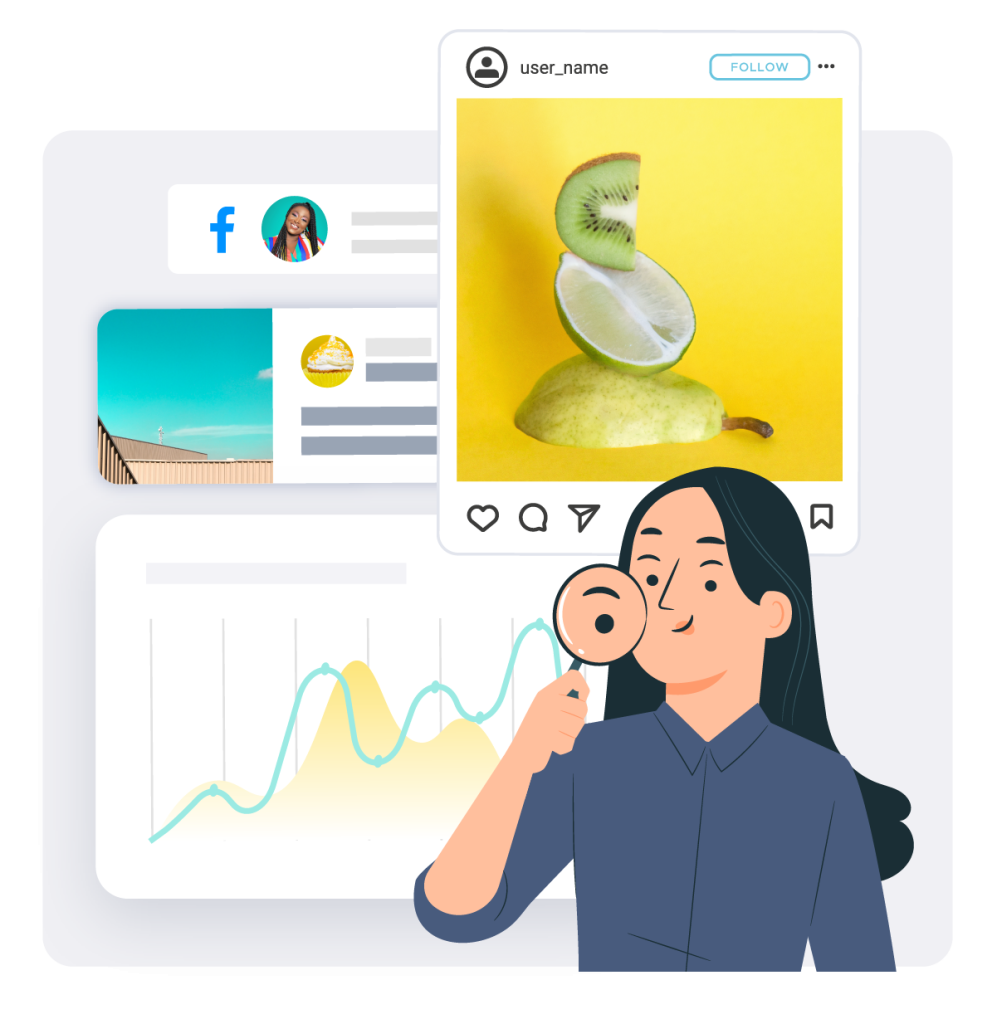
Essential Features of the Best Social Media Management Tools for Agencies
Nearly all tools offer similar core publishing, analytics, and monitoring features that may make you think that they are all one and the same. However, for agencies, not all social media management tools are created equal. Some tools excel in areas such as analysis and benchmarking for dozens and perhaps hundreds of profiles, a task which is a must-have for agencies. While the sheer number of profiles may be daunting to some companies, this is business as usual for agencies.
In reality,the best social media management tools for agencies would excel at all the following:
- Communicating and reporting to your clients
- Organizing different projects effectively
- Tracking and benchmarking dozens or more different profiles
- Coordinating content planning and feedback loops
Below, we examine what the essential features of the best social media management tools for agencies are in more detail.
Report and Progress Sharing Features
To start, social media management tools for agencies come with features that enable effective progress sharing, which helps to ensure transparency. On a functional level, this means that report and progress sharing features have to be developed for agencies that are serving multiple clients with different reporting needs. The best social media management tools for agencies would not only allow for these reports to be quickly and easily created and managed, but also exported in common formats or shared directly with the tool’s built-in secure sharing features. Additionally, publicly accessible dashboards, accessible to those with a subscription, is also important in this regard.

Tracking Unlimited Profiles for Benchmarking
Social media agencies that manage dozens of accounts must not only track their client’s profiles across different social media channels, but also get benchmarking insights from competitors and industry leaders as well. This means that the best social media management tools for agencies should be able to track an unlimited number of profiles, create dozens of tracking dashboards, and analyze a host of metrics. This is a feature that is essential for effective social media management for agencies since they most likely need to benchmark and analyze dozens or hundreds of different profiles for their many clients.
Collaboration Features
Effective teamwork on client accounts requires collaboration features where different colleagues can work simultaneously on tasks together. With the increasing complexity of managing many client accounts, collaboration features must include getting feedback on social media post copy, engaging with profile followers, and monitoring progress.
Importantly, collaboration includes the ability to assign roles, ask for feedback, and set up approval processes for publishing. These are must-haves when for a social media management tool geared toward agencies. For these reasons, the best social media management software for agencies would offer content management features that enable feedback, brainstorming, as well as internal and external approval options.

Access for Non-users of your Social Media Management Tool
Different customers require different data and having a flexible social media tool is important. It is clear that agency social media management software needs to be accessible to many different stakeholders, whether it is management, clients, or simply someone who needs to provide feedback. Agencies need a tool that gives them the option of creating public dashboards as well as be able to share reporting metrics in different, custom formats, to highlight the data sets that important. You should also look at social media management tools for agencies that give free access to reporting and publishing features.
Important: Watch Out for Hidden Costs and Fees!
We hear from many social media agencies that some tools appear to have low starting prices, but when adding more features, the costs expand quickly. This is a common challenge that many social media agencies face since they need to work with several different clients at one time. Depending on the tool and plan you choose, simplifying tracking additional profiles can create unexpected costs. The best social media management tools for agencies would provide transparent pricing relating to the features that agencies need.

What are the Best Social Media Management Tools for Agencies
Social media agency tools need to effectively track and analyze metrics to measure campaign success and optimize strategies accordingly. Agencies must navigate the fine line between delivering engaging content and creating that content efficiently, all while managing multiple client accounts simultaneously. Overcoming these challenges demands the utilization of an efficient and dynamic social media management tool. Below are some of the best social media management tools for agencies that we can recommend.
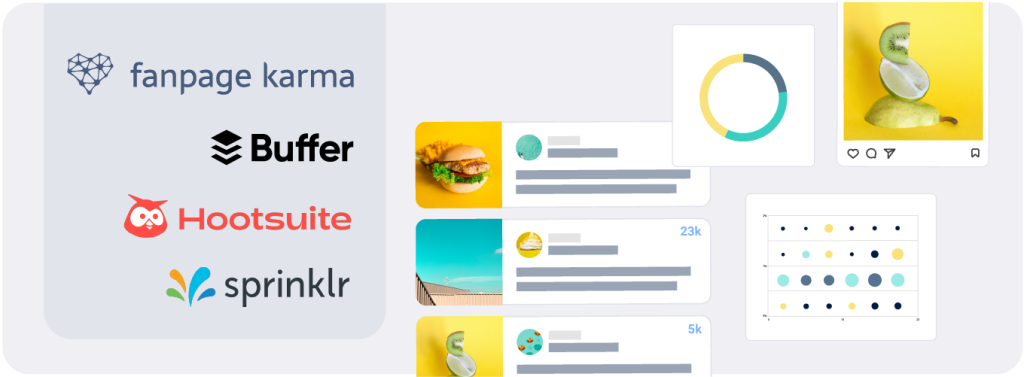
Fanpage Karma
The Fanpage Karma is a leading social media management tool for agencies, created with their needs in mind, and provides the features and capabilities that agencies require for managing their client’s account. It includes advanced features for publishing, analytics and benchmarking, monitoring, reporting, community management, and so much more. Fanpage Karma gives its users unlimited profile tracking and dashboard creation, which is perfect for agencies working on multiple client projects simultaneously.
Unique Features for Agencies:
- Unlimited number of profiles and dashboards - don't pay for more to monitor more profiles!
- Reporting made easy - Fanpage Karma provides you with freely customizable templates and a number of ways to share reporting in different formats.
- Advanced external feedback capabilities - receive feedback on post drafts even from those not using the tool.
- Engage your Audience - engage with your followers while benefiting from customer engagement tagging and assignment, AI helpers, and automation capabilities.
- Discovery features for finding influencers - Fanpage Karma makes finding perspective influencers easy with their influencer database that provides you useful analytical insights.
- Cross-network scheduling of posts - curate and schedule posts to be published across channels.
If you want to see for yourself why Fanpage Karma is an effective social media management tool for agencies, try it out with a free 14-day trial.
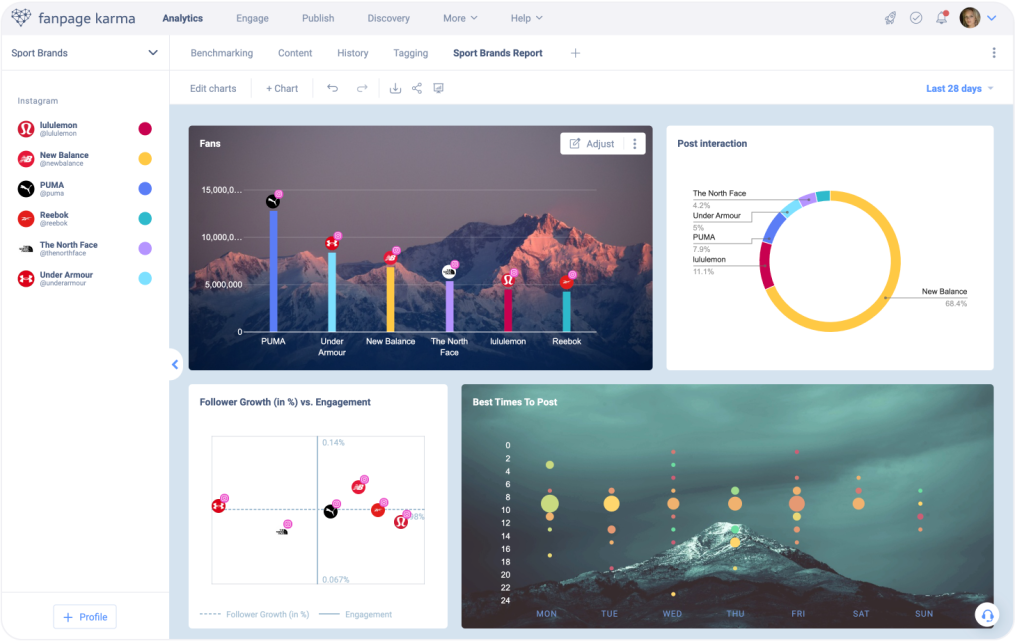

Hootsuite
Hootsuite is a widely used social media management software option for agencies since it provides such a wide-range of features and has developed a reputation as a tool that does essentially everything. However, there are two primary downsides, which are significant. First, Hootsuite can be expensive, especially for agencies that needs to have many different users. Second, Hootsuite puts limits on profile and competitor analysis, which can be a deal-breaker for agencies who need to track many different profiles.
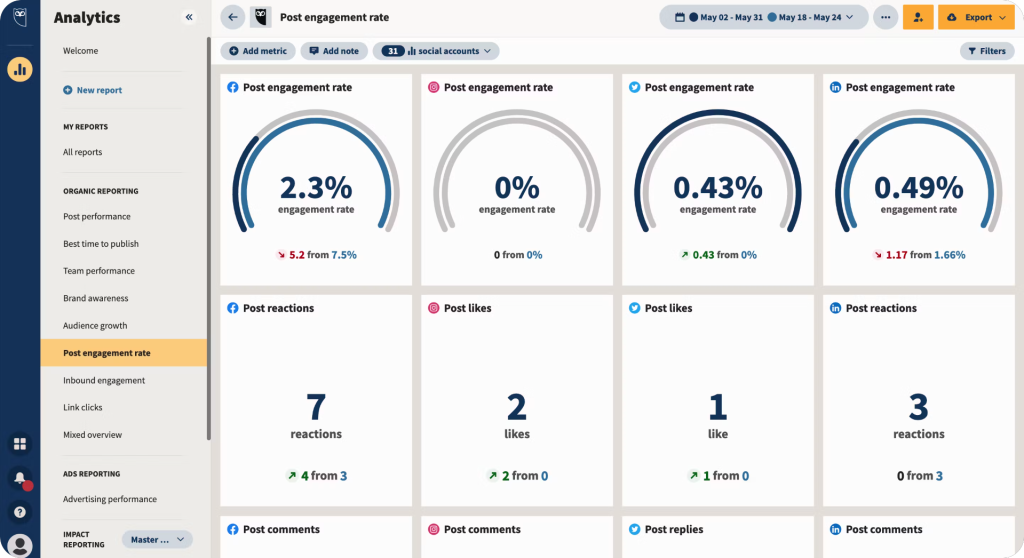
Sprinklr
For an agency, social media management software with advanced social listening capabilities could be help them offer more to their customers. Sprinklr is relatively less-known than some of the other players in the market, but nonetheless offers a strong product for agencies that want helpful analytical insights. However, much like Hootsuite, it limits the overall number of profiles that can be analyzed and can be exceedingly expensive.
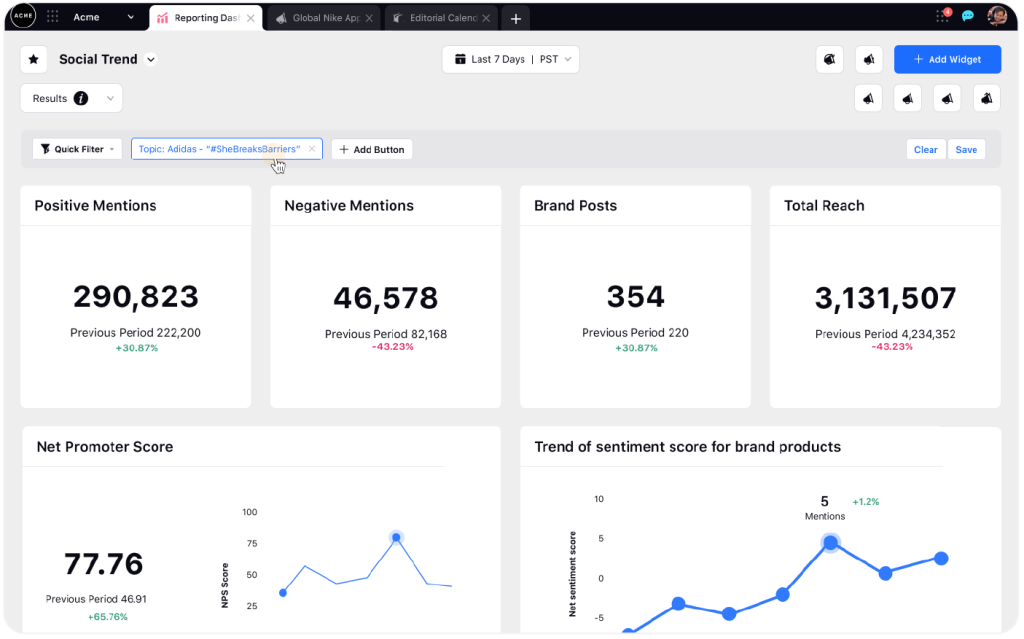
Buffer
Another social media management platform for agencies is Buffer, which may serve as a good option if your requirements for analytics are low and you simply want to manage your client’s publishing. In some cases, this can be cheaper than other options available, but the clear downside is that it lacks greatly on analytical power as well as sharing and publishing features.
